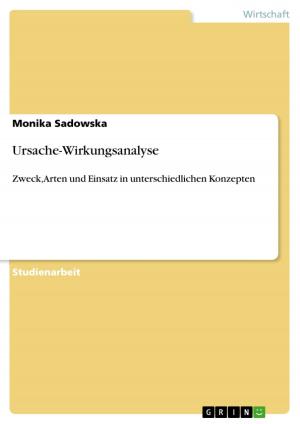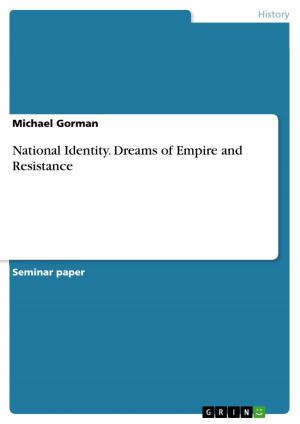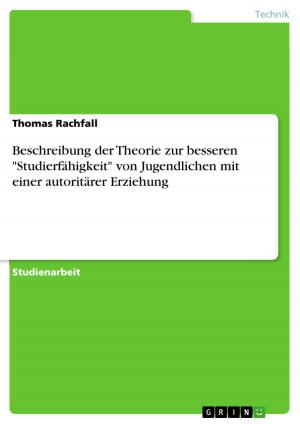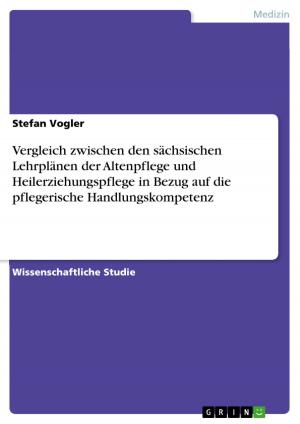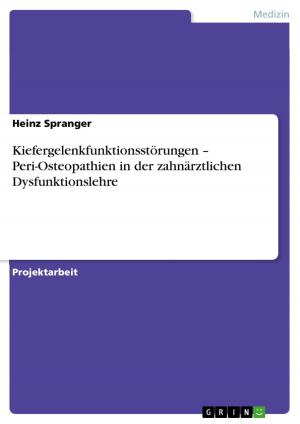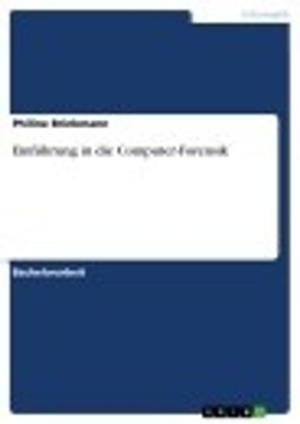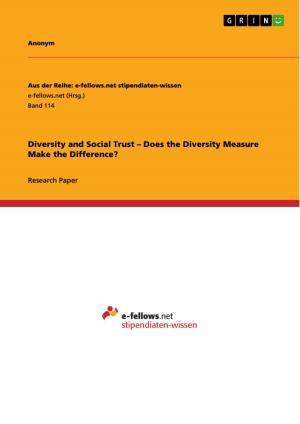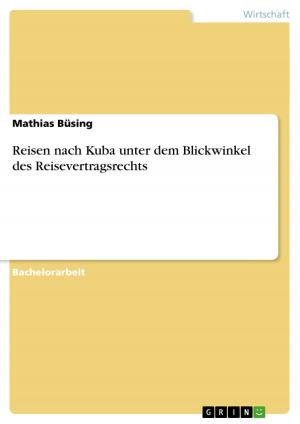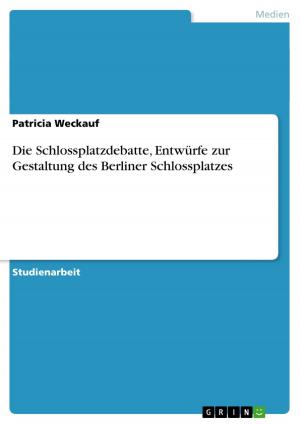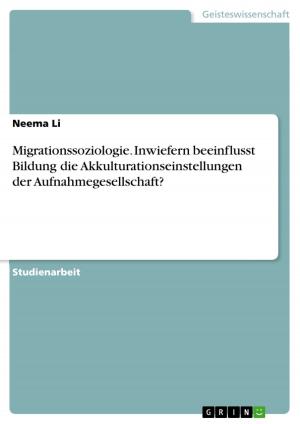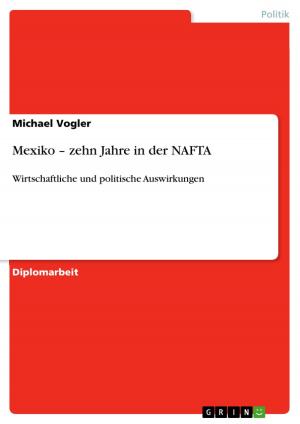| Author: | Melanie Wagenaar | ISBN: | 9783668213029 |
| Publisher: | GRIN Verlag | Publication: | May 9, 2016 |
| Imprint: | GRIN Verlag | Language: | English |
| Author: | Melanie Wagenaar |
| ISBN: | 9783668213029 |
| Publisher: | GRIN Verlag |
| Publication: | May 9, 2016 |
| Imprint: | GRIN Verlag |
| Language: | English |
Essay from the year 2014 in the subject Economics - Case Scenarios, grade: 73, London Metropolitan University, course: Master of International Events Management, language: English, abstract: Nowadays, events and festivals are an essential part of city life due to the fact that events signify as a way of selling the city as a product by attracting tourists, investments and industries, which could be done by hosting different kind of events on national or city levels. The events have the ability to promote city status as well as uniting communities. Yet the need to distinct a city of other cities is strongly related to the rapid changes and developments in the global economy and increase of global competition. Nevertheless, there are different approaches cities could integrate depending on the use of events in cities and its strategic vision: the entrepreneurial city, the eventful city, and the creative city, which are the key concepts to the case of Singapore. So, in what way does Singapore utilise events to become an eventful city, the entrepreneurial city and/or the creative city? Also, how did Singapore integrate the events strategy and its delivery? Lastly, did the implementation of the events strategy and its delivery leave an impact or legacy for Singapore?
Essay from the year 2014 in the subject Economics - Case Scenarios, grade: 73, London Metropolitan University, course: Master of International Events Management, language: English, abstract: Nowadays, events and festivals are an essential part of city life due to the fact that events signify as a way of selling the city as a product by attracting tourists, investments and industries, which could be done by hosting different kind of events on national or city levels. The events have the ability to promote city status as well as uniting communities. Yet the need to distinct a city of other cities is strongly related to the rapid changes and developments in the global economy and increase of global competition. Nevertheless, there are different approaches cities could integrate depending on the use of events in cities and its strategic vision: the entrepreneurial city, the eventful city, and the creative city, which are the key concepts to the case of Singapore. So, in what way does Singapore utilise events to become an eventful city, the entrepreneurial city and/or the creative city? Also, how did Singapore integrate the events strategy and its delivery? Lastly, did the implementation of the events strategy and its delivery leave an impact or legacy for Singapore?

